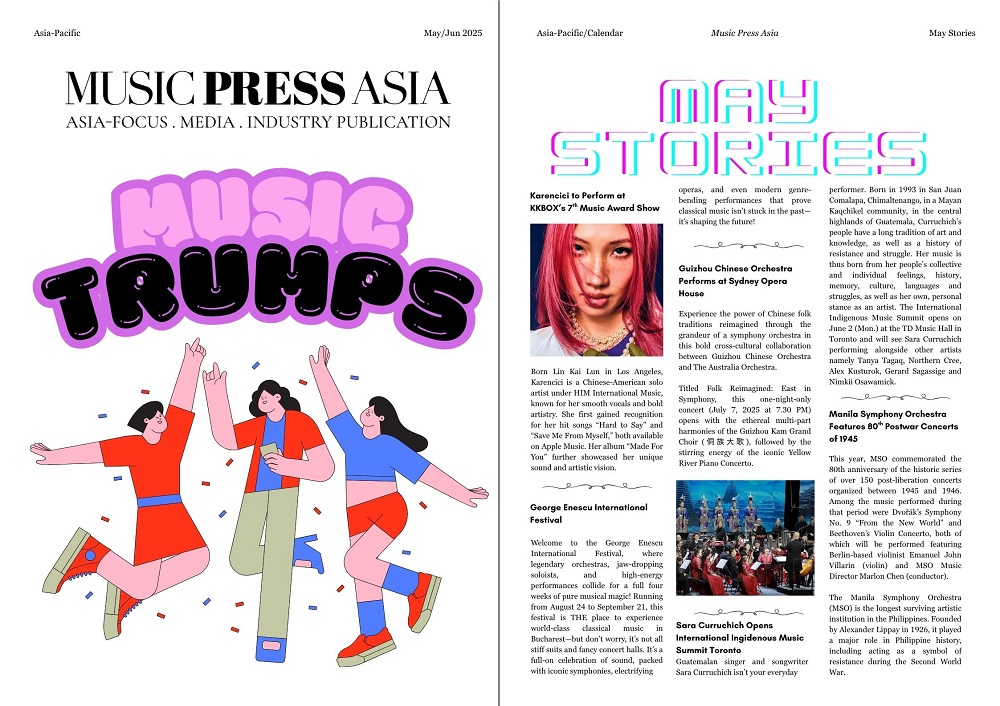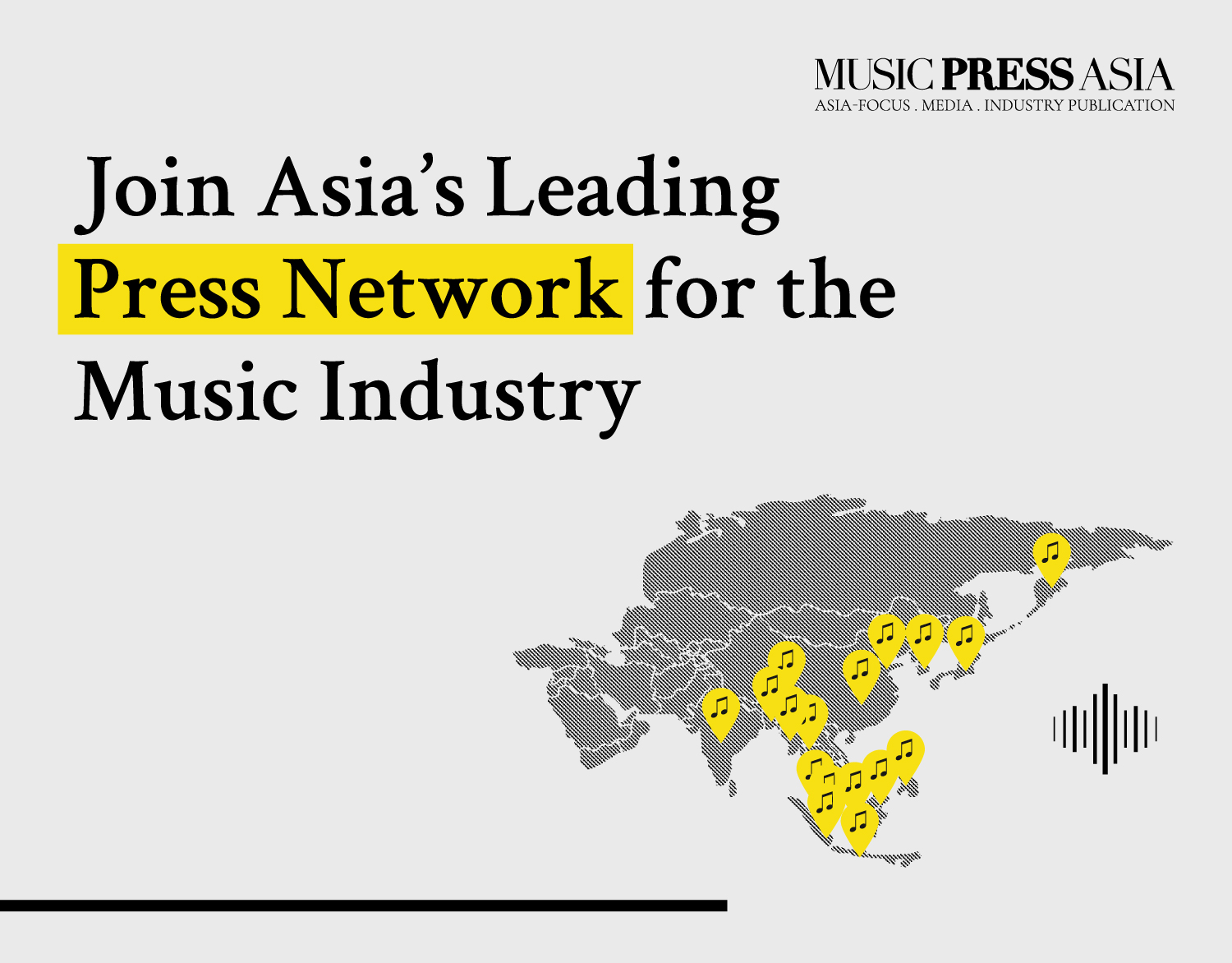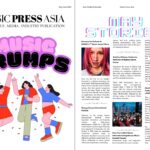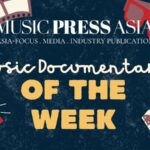Want to be a music journalist? Here’s how to start!
Aspiring music writers — learn & refine your craft.
Aspiring music writers — learn & refine your craft.
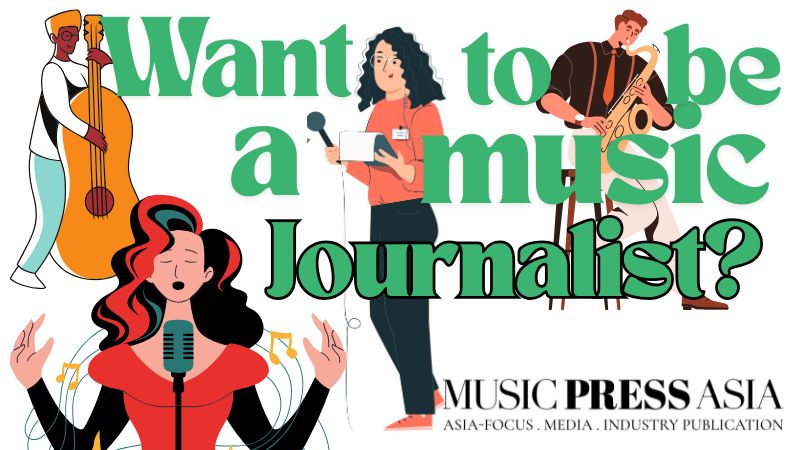
So, you want to be a music journalist? Think of your words as instruments—crafted carefully, they shape how we hear and feel the music. Whether you’re reviewing albums, interviewing artists, or covering live shows, music journalism is about bringing the sound to life through storytelling.
In this article, you’ll learn the fundamentals—from writing engaging reviews to asking the right questions in interviews. Read on and get started on your journey!

1. Tell Stories, Not Just Facts
Music journalism is about more than reporting—it’s about crafting narratives that bring the music to life. A great article doesn’t just inform; it immerses the reader in the world of an artist or album, offering insights and emotions that resonate beyond just words.
2. Album Reviews: Say More Than “It’s Good”
A strong album review goes deeper than opinions—it analyzes production choices, lyrics, influences, and cultural relevance. Readers should walk away with an understanding of not just how the music sounds, but why it matters. Use comparisons, historical context, and industry trends to enrich your analysis.
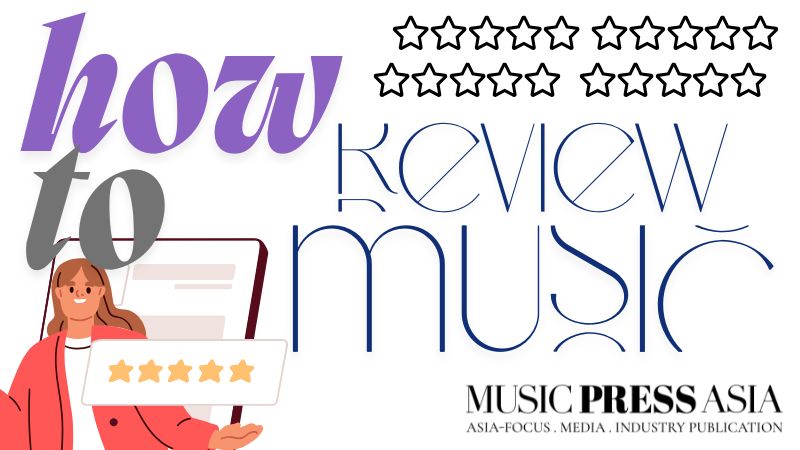
3. Interview Like a Pro
The best music interviews go beyond surface-level questions. Avoid the predictable “What inspired this album?” Instead, dig into themes, creative processes, and personal stories that reveal new perspectives. A good interviewer listens actively, follows up intelligently, and creates an environment where artists feel comfortable sharing meaningful insights.
4. Your Voice Matters
Every journalist develops their own distinct style—whether it’s sharp analysis, casual storytelling, or deeply researched features. Authenticity matters. Find a voice that reflects your strengths, whether you focus on industry trends, live performances, or cultural impact. A unique perspective will make your writing stand out.

5. Professionalism in Music Journalism
Great writing is just one part of being a respected music journalist—professionalism is key. Always fact-check, credit sources properly, and respect ethical boundaries. Building credibility within the industry means maintaining integrity, staying objective, and engaging constructively with artists, labels, and audiences.
6. Music Journalism = Impact
Your words don’t just describe music—they shape conversations around artistry, identity, and industry movements. What you write can help uncover new talent, highlight injustices, or even influence cultural discussions. Embrace the responsibility and the power of storytelling.
Summary
Music journalism is more than just writing about sound—it’s about storytelling, analysis, and shaping the industry’s dialogue. Whether you’re crafting reviews, conducting interviews, or reporting on trends, honing these skills will help you find your voice as a journalist.
This article marks the beginning of a new series designed to guide aspiring writers through the fundamentals of music journalism. In the next installment, we’ll take a deep dive into “How to Write a Captivating Album Review”—breaking down the techniques to create insightful, engaging critiques that resonate with readers and artists alike.
Want to stay updated? Subscribe to our newsletter and be the first to receive fresh insights, writing tips, and exclusive content from Music Press Asia. Let’s build the future of music journalism together!

